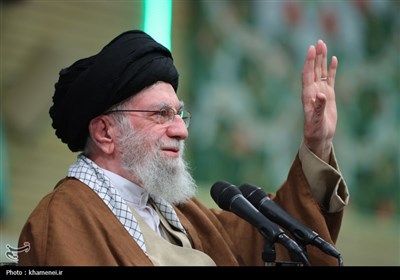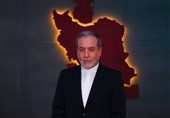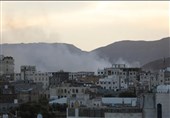Tunisian Police Fire Tear Gas on Protesters at Landfill
TEHRAN (Tasnim) – Tunisian police fired tear gas at protesters who refused an authority’s decision to reopen a controlled landfill in the southern town of Agareb, the first test for the government appointed by President Kais Saied, who seized executive power in July.
Local radio Shems FM and witnesses said a young protester was killed by police tear gas in the southern town of Agareb. But the interior ministry said the person had nothing to do with the protests and died at his home, six kilometers from the protest, because of an emergency health condition, according to the Reuters news agency which reported news of the tear gas incident on Monday.
The closing of a controlled landfill this year in Agareb caused thousands of tons of household waste to accumulate for about a month in the streets, markets and even hospitals of Sfax, the second-largest Tunisian city.
The accumulation of waste sparked widespread anger in Sfax, where thousands protested last week saying the authorities were deliberately killing them and violating their rights.
The Agareb landfill, 20km from Sfax, was closed this year after residents complained, saying that diseases have spread and that they are suffering an environmental disaster.
Saied called on the Minister of the Interior and the prime minister to find an immediate solution, Al Jazeera reported.
Late on Monday, the Ministry of Environment reopened the closed landfill, despite a judicial decision prohibiting that.
Witnesses said when workers began collecting waste and transporting it to Agareb, hundreds of young people gathered, rejecting the decision, which prompted police to fire tear gas to disperse them.
Saied has faced mounting criticism abroad since he assumed executive authority in July, brushing aside most of the constitution to seize near-total power in moves critics have called a coup.
Saied unveiled a new government in October and has promised a national dialogue, but has yet to lay out a detailed plan to restore normal constitutional order.






